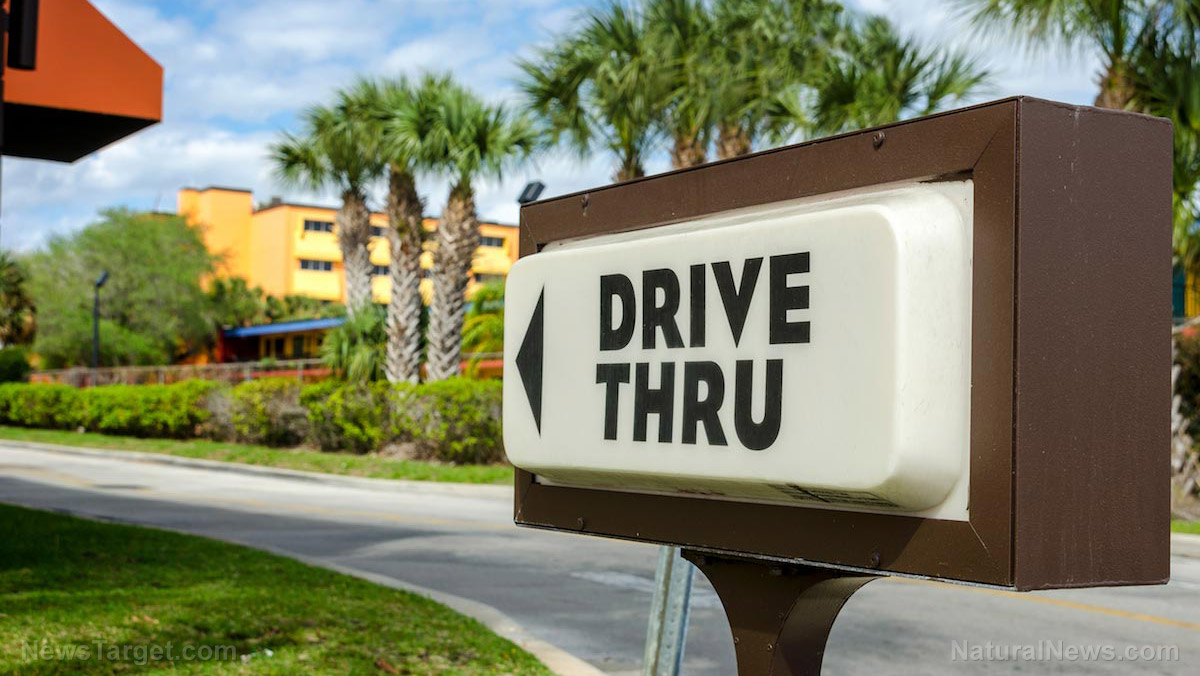Germany’s EV sales plummet as demand in Europe declines
06/21/2024 / By Zoey Sky

The European Union’s main auto industry body recently reported that sales of new battery-electric cars in the region have dropped by 12 percent in May from a year earlier, with a 30 percent decrease in Germany.
Germany, the bloc’s largest electric vehicle market, brought an early end to subsidies for buying EVs as part of a last-minute 2024 budget deal. The European Automobile Manufacturers Association (Association des Constructeurs Européens d’Automobiles or ACEA) also reported that Germany has now seen a year-to-date 16 percent decline in EV sales.
In May 2024, the Federal Motor Transport Authority (Kraftfahr-Bundesamt or KBA), reported that it registered only 29,708 vehicles with electric motors. The figure is down by 30.6 percent on the result for the same month last year.
Additionally, the KBA found that 89,498 passenger cars were equipped with a gasoline engine, which suggests an increase of 2.1 percent compared to the same month last year. At least 44,893 new cars were diesel-powered, indicating an increase of 3.2 percent compared to the same month last year.
The KBA also found that 71,451 new cars had a hybrid drive in May 2024, accounting for a share of 30.2 percent (-0.3 percent), including 14,038 plug-in hybrids (+1.7 percent/5.9 percent).
The agency also said that the average carbon dioxide emissions of new passenger car registrations rose by 3.3 percent and amounted to 124.0 grams per kilometer.
Demand for EVs in Europe slumps
According to the ACEA, new car sales in the bloc fell by three percent in May from the same month in 2023, the second drop this year. It also declined by 2.6 percent in a wider region covering the EU, Britain and the European Free Trade Association – a group comprised of four non-EU members in Europe, Iceland, Liechtenstein, Norway and Switzerland.
Even though demand has increased significantly for several years, the demand for electric cars in Europe has declined these past few months. At the same time, the competition to produce more affordable models has grown.
In an effort to protect domestic automakers from an influx of cheap EV imports, the European Commission reported that it would impose provisional duties of up to 38.1 percent on China-made electric cars starting in July. (Related: Chinese EV hatchback threatening to disrupt U.S. auto sales with very low price and claims of efficiency.)
Meanwhile, Elon Musk’s company Tesla announced that it may have to increase the price of its China-made Model 3 when the EU measures take effect. The company recorded a 34.2 percent drop in May sales in the EU.
In a briefing, the European campaign group Transport & Environment explained that while the current slump in the EV market has been expected for years, sales should increase by 2025 when the next EU car emission targets kick in.
Electrified vehicles, which include fully electric models, plug-in hybrids and full hybrids, made up 48.9 percent of all new EU passenger car registrations in May, which is up from 46.2 percent a year earlier. And even though the market share of fully electric cars fell to 12.5 percent from 13.8 percent in May 2023, the share of hybrids rose to 29.9 percent from 25 percent.
According to reports, total EU registrations for Volkswagen went up by 1.6 percent in May, while Stellantis and Renault registrations went down by 6.9 percent and 5.4 percent, respectively. Meanwhile, Toyota’s new tab sales have gone up by 13 percent.
Visit RoboCars.news for similar stories about electric cars.
Watch the video below as Health Ranger Mike Adams talks about electric cars and the “green energy” myth.
This video is from the Health Ranger Report channel on Brighteon.com.
More related stories:
Electric car sales growth slows by nearly 50% in 2023.
New $120K Tesla Cybertruck BREAKS DOWN after running just 35 miles.
Ford drastically cuts EV factory workforce as electric car sales plummet.
Sources include:
Submit a correction >>
Tagged Under:
Bubble, car sales, Collapse, debt collapse, economic collapse, economic riot, economics, economy, electric car sales, electric cars, electric vehicles, EVs, finance riot, Germany, green living, Green New Deal, market crash, products, risk, robocars, subsidies
This article may contain statements that reflect the opinion of the author
RECENT NEWS & ARTICLES
COPYRIGHT © 2017 RISK NEWS



















